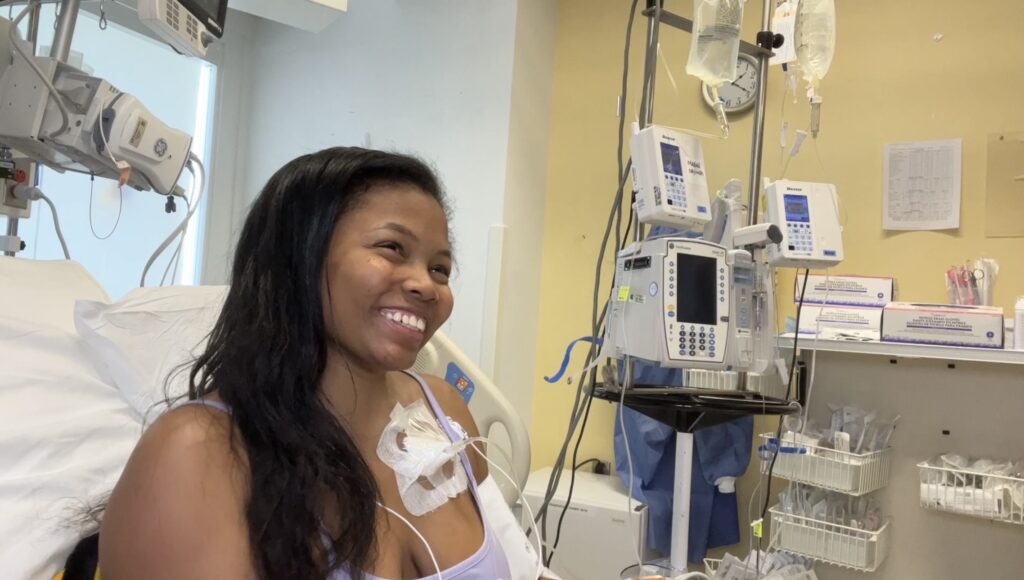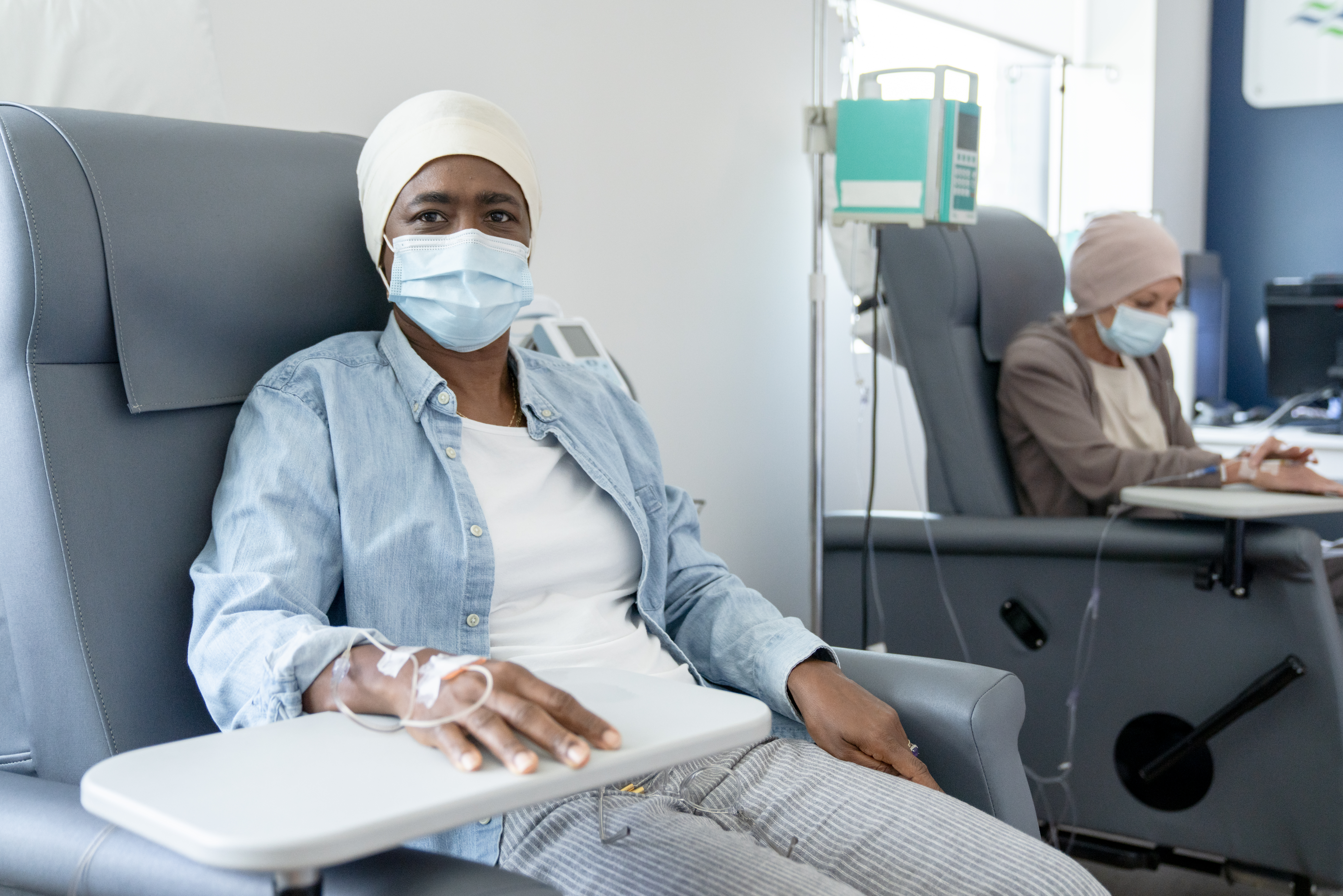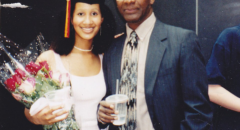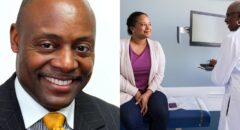
For as long as I can remember, sickle cell disease has been a part of my life. It was something my mom always talked openly about—I was diagnosed with it before I was even born. As a child, I remember being in and out of the hospital frequently for sickle cell crises that couldn’t be managed at home. The severe pain would leave me bedridden and unable to do the basic things kids take for granted, like playing or going to school.
Living with Sickle Cell Disease

Over the years, I learned to anticipate my triggers and tried to manage my condition as best I could, but sickle cell always loomed over me. Simple things like temperature changes, dehydration, lack of sleep, or stress could spark an agonizing crisis. At one point, my mom even got a job at the local hospital just to ensure I had good health care access when I needed it.
As I got older, sickle cell became more than just a physical challenge. It threatened to hold me back from achieving my dreams. I’ve been passionate about acting since I was 14 years old, but my illness made it extremely difficult to commit fully. As an actor on film sets, I’ve been replaced after having to take sick days, or told upfront that I shouldn’t direct because people wouldn’t want to work with someone so unreliable.
Learning about a trial
Every setback and dismissive comment chipped away at my confidence and ambition. But I refused to let sickle cell dictate the course of my life. When the opportunity arose to cure myself through an experimental gene editing trial potentially, I was understandably terrified at first. What if it left me worse off than before? What if I could no longer have biological children? There were so many unknowns.

Ultimately though, a particular movie called The Gray Man, and its intense action sequences convinced me. I watched the behind-the-scenes footage and realized that if I wanted a career doing big stunts and fight choreography like my idols Tom Cruise and Taraji P. Henson, sickle cell would hold me back every step of the way. I would likely be hospitalized or fired before I could even finish filming a single project. That was unacceptable to me.
Making the decision
So at 32 years old, after a lifetime of sickle cell dictating what I could and couldn’t do, I made the decision to fight for the life I wanted. The treatment process was grueling, but I’m thankful I have a compassionate doctor at Cleveland Clinic who answered every single one of my questions with patience. Now, over a year later, I’m on the path to being declared cured. I don’t have to constantly worry about triggers or plan my life around my illness. I can pursue my dreams without limitations.
Why I advocate for clinical trials
I’ll always be an advocate for others with sickle cell to research emerging treatments and ask their doctors the hard questions. Far too often, we’re dismissed or told to just accept the limitations of our condition. But we deserve to live life on our own terms, just like anyone else. Don’t let fear hold you back from reclaiming your life and achieving your biggest ambitions. With courage and the right medical team, nothing is impossible.









